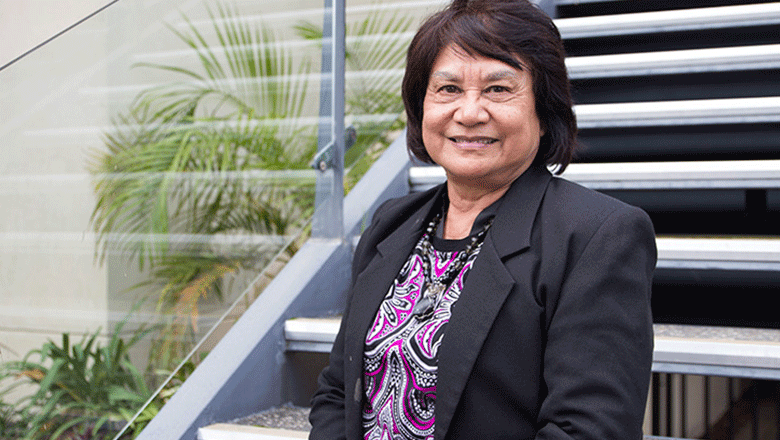Search
Research
Reduced forced vital capacity in Aboriginal Australians: Biology or missing evidence?This editorial article addresses chronic obstructive pulmonary disease and lung function testing in Aboriginal Australians.

Facilitate research interest & opportunities that involve Aboriginal families & communities and build the capacity and development of Institute researchers
Strengthening the capacity of Aboriginal children, families and communities
Research
KAMS MOUAs part of the discussions with Kimberley Aboriginal Medical Service (KAMS) to establish the Broome site of the WAAHKN it has been agreed to establish...
Research
Achieving cultural safety in genetic counseling for Aboriginal and Torres Strait Islander people in AustraliaGlobally, Indigenous people, including Aboriginal and Torres Strait Islander people in Australia, experience significantly poorer health outcomes than their non-Indigenous counterparts. In part, this can be attributed to the ongoing impacts of colonization, marginalization, and systemic discrimination. In the genomic healthcare era, Indigenous people remain underrepresented in public genetic health services, raising concerns about cultural competency and inclusivity within the genetic counseling profession.
News & Events
New insights into diabetes in Australian Aboriginal populationThe Kids Research Institute Australia have shown that genetic variations that influence BMI and diabetes are similar to those in non-Aboriginal populations.

News & Events
How growing up disadvantaged set Isabelle Adams on a path to help othersTo celebrate NAIDOC week we sat down with Isabelle Adams, the coordinator of The Kids Research Institute Australia's Kulunga Aboriginal Research Development Unit (KARDU).
News & Events
Commitment to Aboriginal Children and Families 2013-2017Earlier this year we launched our Strategic Plan - Working Together 2013-2017. That statement has been developed into the Commitment to Aboriginal Children.
News & Events
It’s Time – new video on the Apology to the Stolen GenerationsIt's Time - new video on the Apology to the Stolen Generations
News & Events
Healing precedes a positive future for Indigenous AustraliansThe Australian Government should form a National Indigenous Healing Foundation to provide compensation to the stolen generations.
